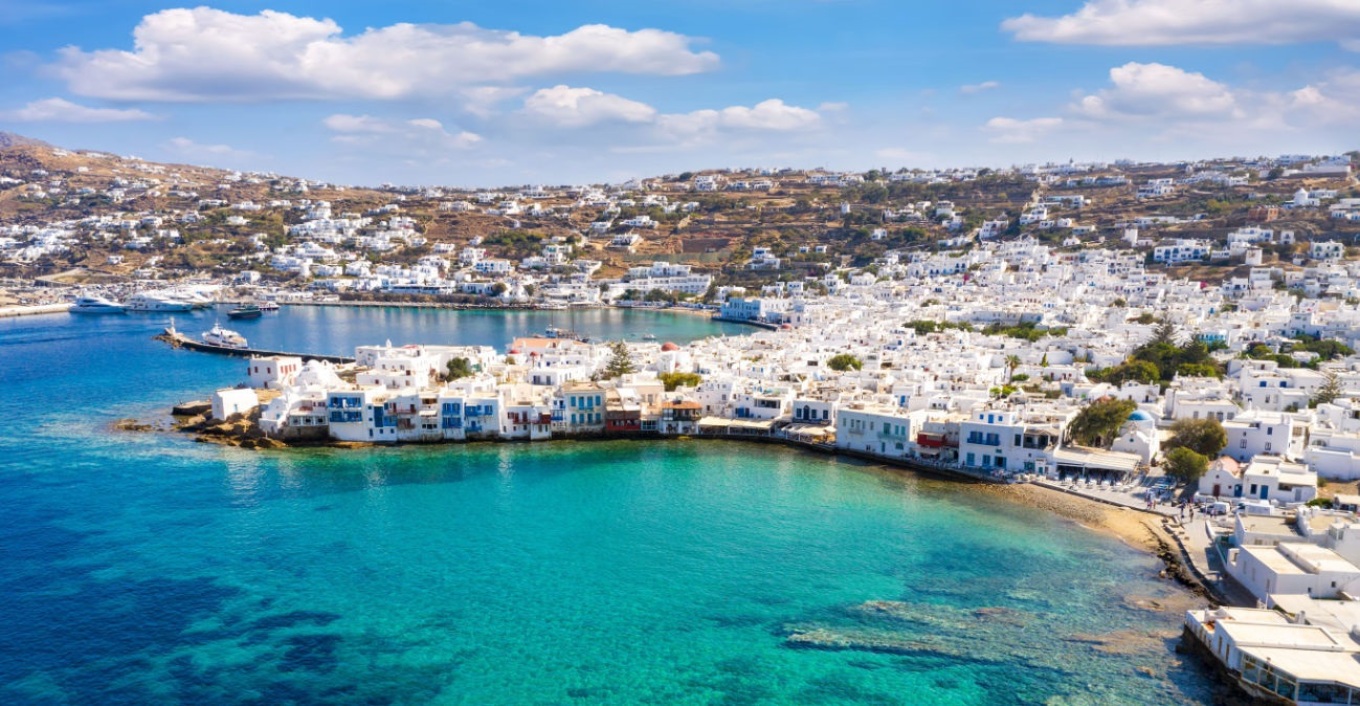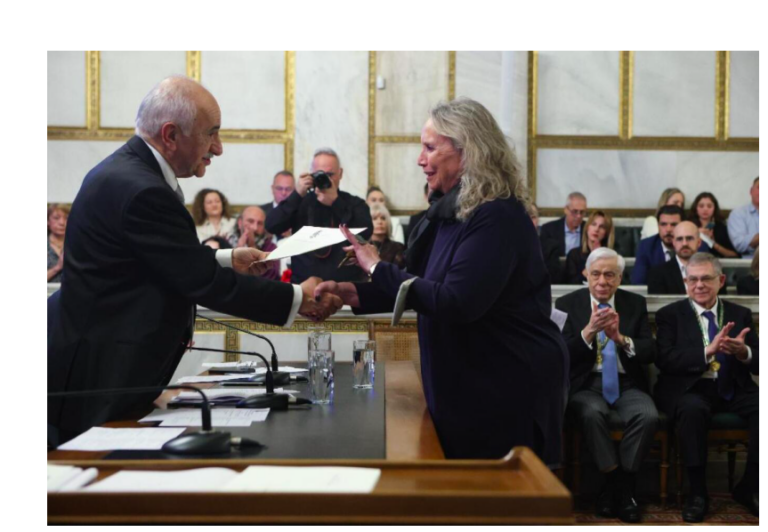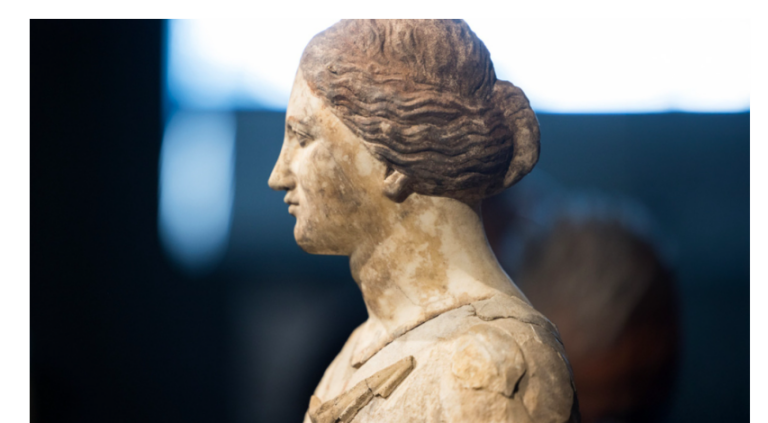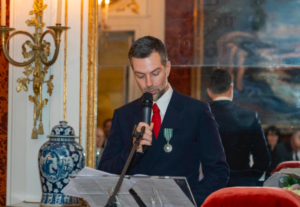For years, Mykonos has been an international trailblazer as a playground for the rich; its bars, eateries and beaches, venues that have increasingly turned gargantuan profits.
But the brutal attack on Psarros has also exposed a darker side: of an island hijacked by interests that have come to see the rocky outcrop in a twilight zone beyond the reach of central government and the long arm of the law.
Under cover of darkness in an Athens side street earlier this month, Manolis Psarros, an archaeologist, was attacked as he walked toward his car. It was 8.30pm, later than usual for the state employee to return home from his office in a neo-classical culture ministry building beneath the Acropolis.
“There was a general strike the next day and I needed to get through my files on Mykonos,” said Psarros, who has oversight of the Cycladic isle. “I can remember approaching the car but after that it’s a blur,” he told the Observer. “All I know is that I was struck on the head from behind with such force I lost consciousness.”
also read
On Wednesday, as Mitsotakis convened a meeting of senior cabinet ministers to discuss the affair, officials were openly describing Mykonos as a “state within a state”.” Giving voice to those concerns, the Greek prime minister warned that public order measures would be enforced. In the coming days the first of 100 extra security personnel, including police officers, financial crime investigators, environment and building inspectors are expected to fly in. A crack down on illegal construction in rural areas, both on Mykonos and neighbouring islands in the Aegean archipelago, will also intensify.
“There is no such thing as an island where some people think they are above the law,” said Mitsotakis. “This is a situation that will be faced decisively.”
Greece’s community of archaeologists, a group no bigger than a 1000-strong, have long been regarded as the custodians of the nation’s extraordinary historical legacy. For many, the hardy band of dedicated excavators and researchers is the last bulwark against depredations increasingly associated with tourism.
But with the industry accounting for 25% of GDP – and by far the biggest engine of the Greek economy – it is a delicate balancing act, one that ensures acknowledging the need for visitors with preserving the natural beauty that also lures them to the country.
more at theguardian.com
author Helena Smith Twitter
Ask me anything
Explore related questions





